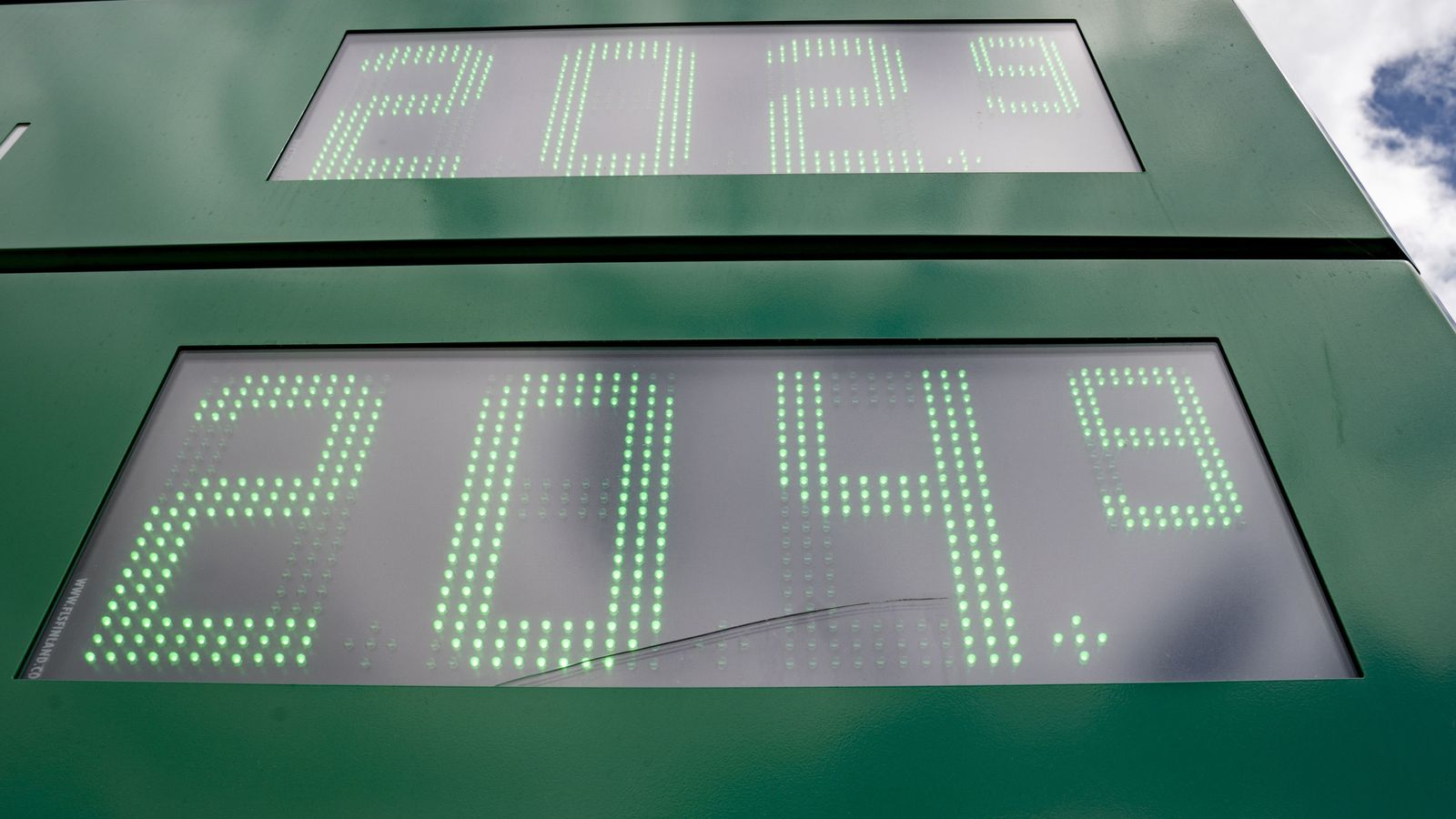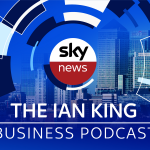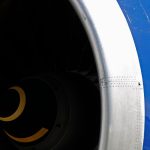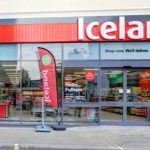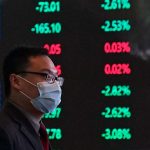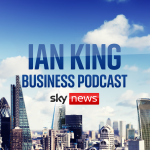The £100 tank of unleaded petrol is another milestone on the relentless upward path of fuel prices.
Watching the price click in to three figures for the first time will draw the breath of anyone filling the 55-litre tank of a family saloon.
But whichever way you count it, prices have been kicking consumers in the guts for weeks already.
Fuel inflation has been staggering in the last 12 months, with unleaded 37% more expensive than this week a year ago, and diesel 38%.
Drivers who have no option but to use their cars have little choice but to shop around and suck up the latest hit at the pumps. But even if you do not drive – and millions of Britons are not car owners – you will pay a price.
Given the fundamental role of motor fuel in the economy there is simply no avoiding the impact.
The Office for National Statistics estimates fuel prices accounted for 0.7% of April’s headline inflation rate of 9%; a back-of-the-envelope calculation suggests further rises mean petrol and diesel could make up 1% of the rate for May, when the figures are released.
Petrol prices: Average cost of filling a family car with petrol hits £100 for first time
Cost of living: Average price of filling family car with petrol set to exceed £100 for first time
Why are petrol prices rising so fast and how we’re faring compared to Europe
Almost everything we use and buy gets to us by road one way and another, and with hauliers now estimating the annual fuel bill for an HGV at £20,000, it is inevitable some of these costs will be passed on.
There is little sign of prices levelling off, much less declining, in the coming weeks. Prices are determined by the wholesale market of crude oil – still around $120-a-barrel – and more immediately refined gasoline and diesel.
Please use Chrome browser for a more accessible video player
These have been exacerbated by the invasion of Ukraine. Prices were high before Russian tanks rolled in, but the conflict has had an immediate and fundamental impact.
Russia is the world’s second-largest oil producer but sanctions and pledges by the EU, the UK and other nations to boycott its oil by the end of the year are set to take an estimated 3 million barrels a day out of global markets.
Just as importantly for the current pump price, Russia is also a major source of refined diesel oil. The war is cited by producers as a factor in driving the widening differential with unleaded prices.
And even if crude prices were to fall, retailers will still be selling us the fuel already stored in their tanks by refineries and distributors. These record prices will be passing through the pumps for some time.
Retailers say they have limited scope to cut costs. They cite tight margins and the need to turn a profit to invest in new technologies government is demanding – including the electric vehicle charging network which is crucial to ending reliance on the internal combustion engine.
They also point out that the overnight 5p cut to fuel duty announced in March cost the industry millions as they had already paid the tax on fuel in storage, but could not pass it on to customers.
That may not wash with drivers looking at prices already north of £2 a litre. Ministers have threatened to name-and-shame retailers who do not cut prices, and the business secretary has referred the matter to the Competition and Markets Authority, but they and the industry know there is no way of policing the price at the pump while customers are buying.
What government could do is further cut fuel duty or the 20% VAT rate, which together make up around 45% of the pump price and are delivering a windfall to the Treasury as a consequence of high prices.
As with domestic energy prices this spring, we may be entering the “something must be done” phase of this chapter in the cost-of-living crisis. There is no price cap on fuel to protect consumers but for now there is little sense that the chancellor is feeling the heat on fuel.
Fuel duty is forecast to raise £26bn this year. The question for anyone suggesting that number should be cut is where the revenue will come from instead.
